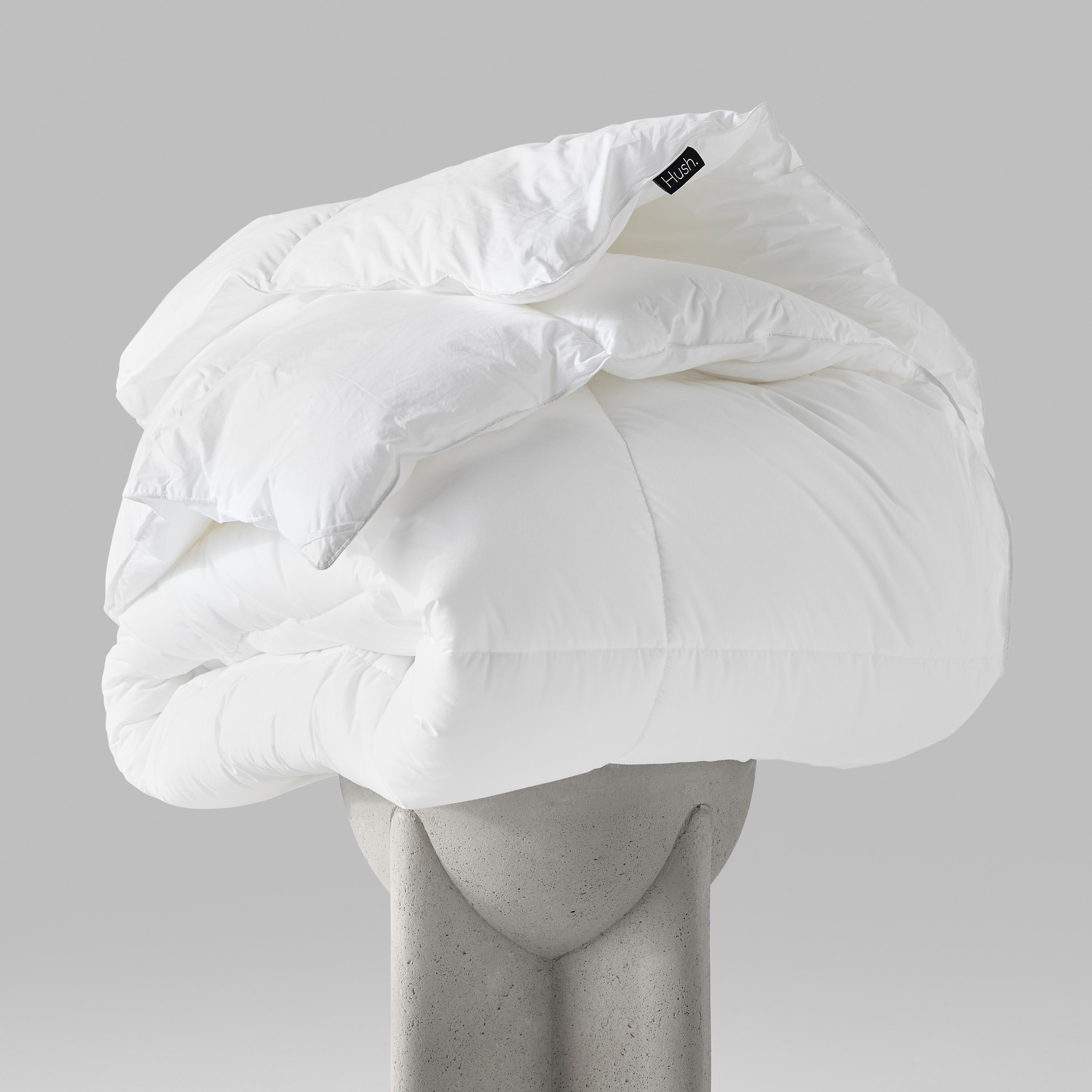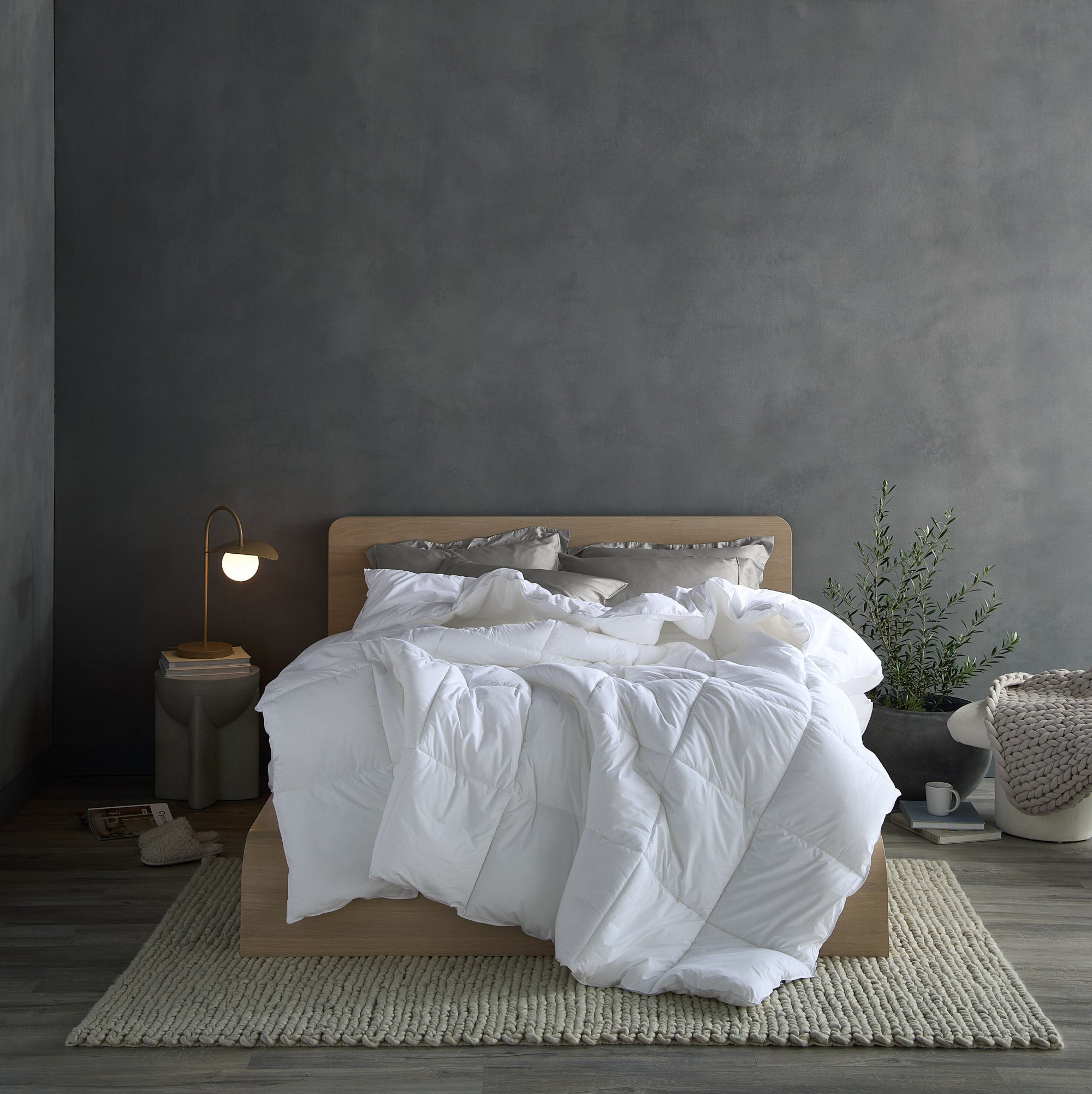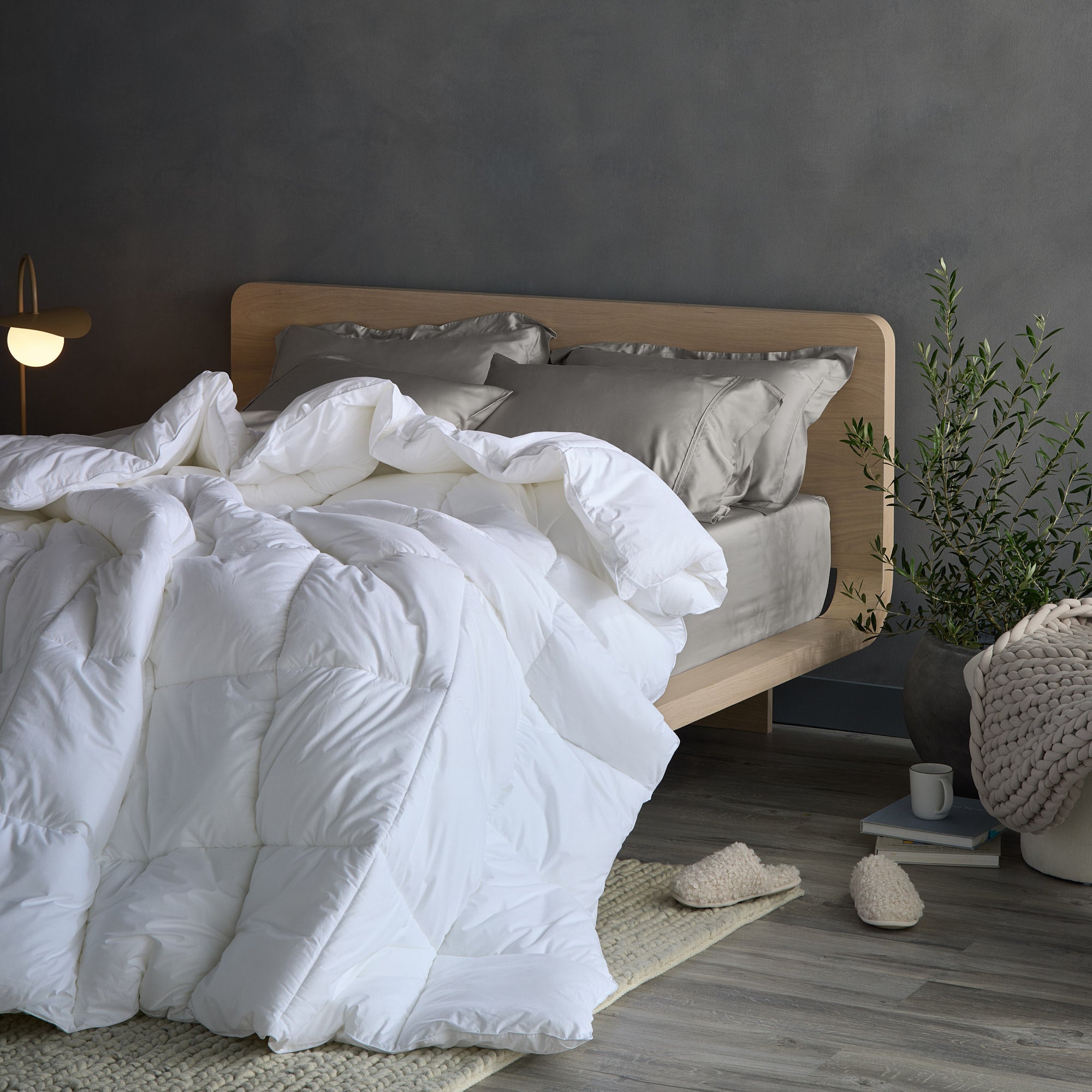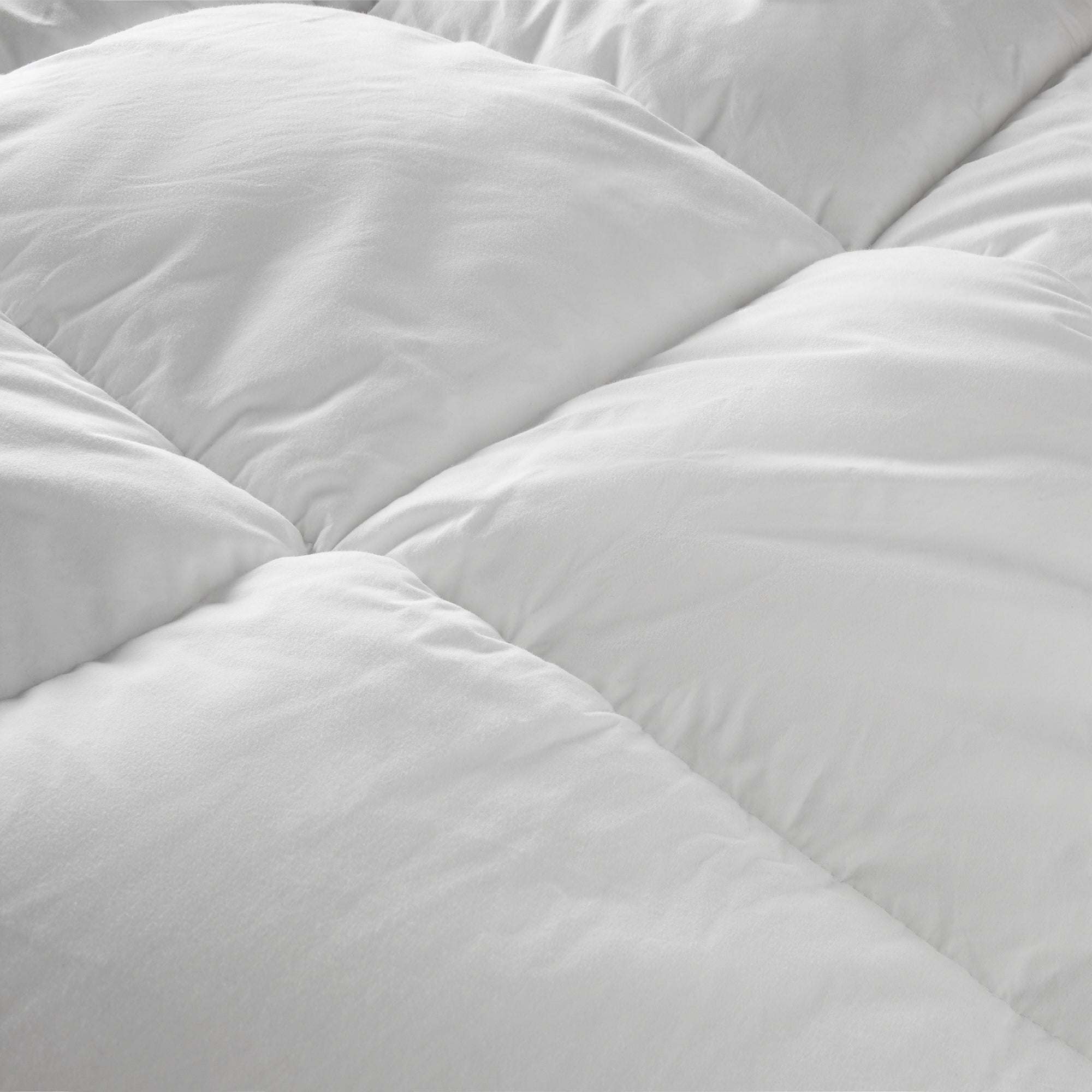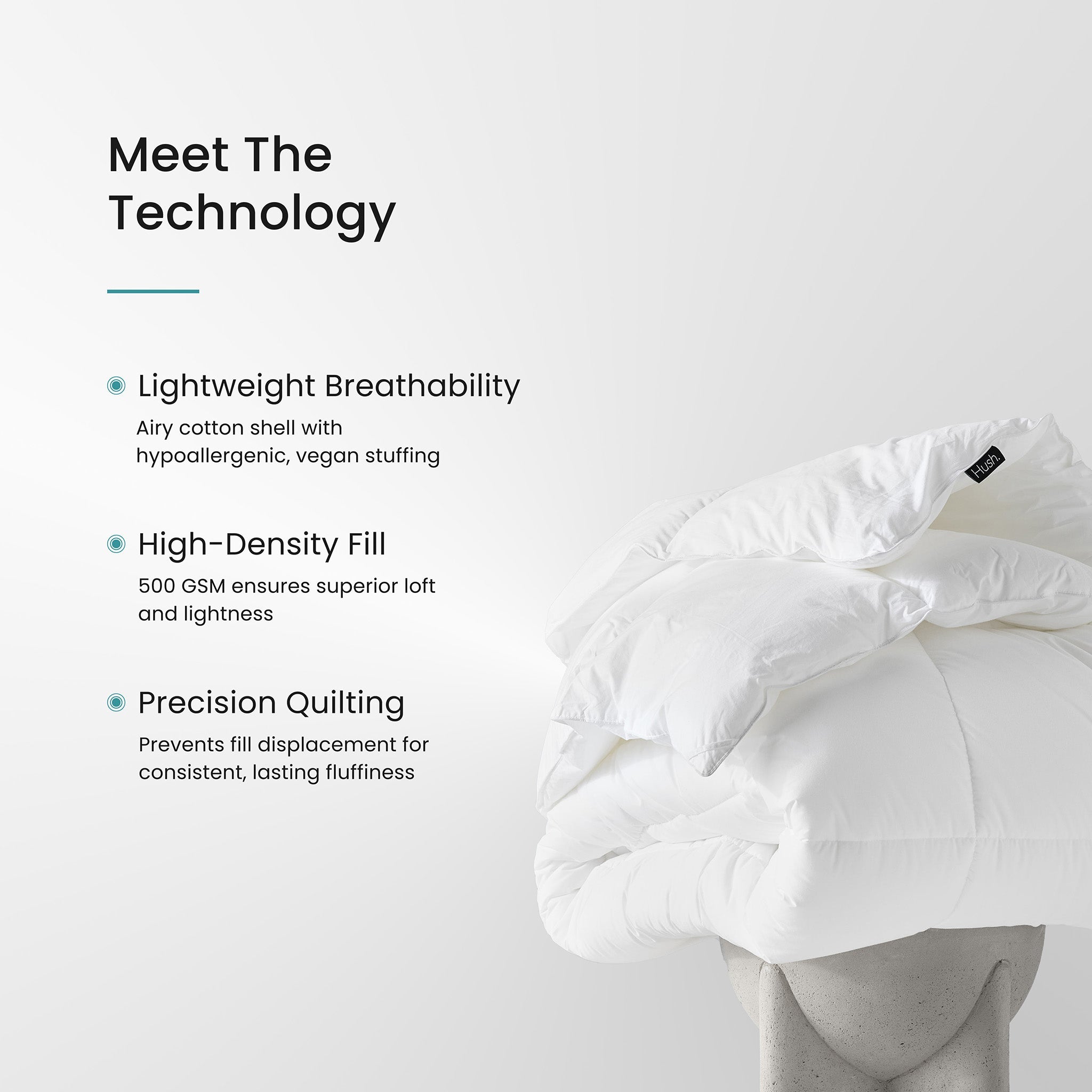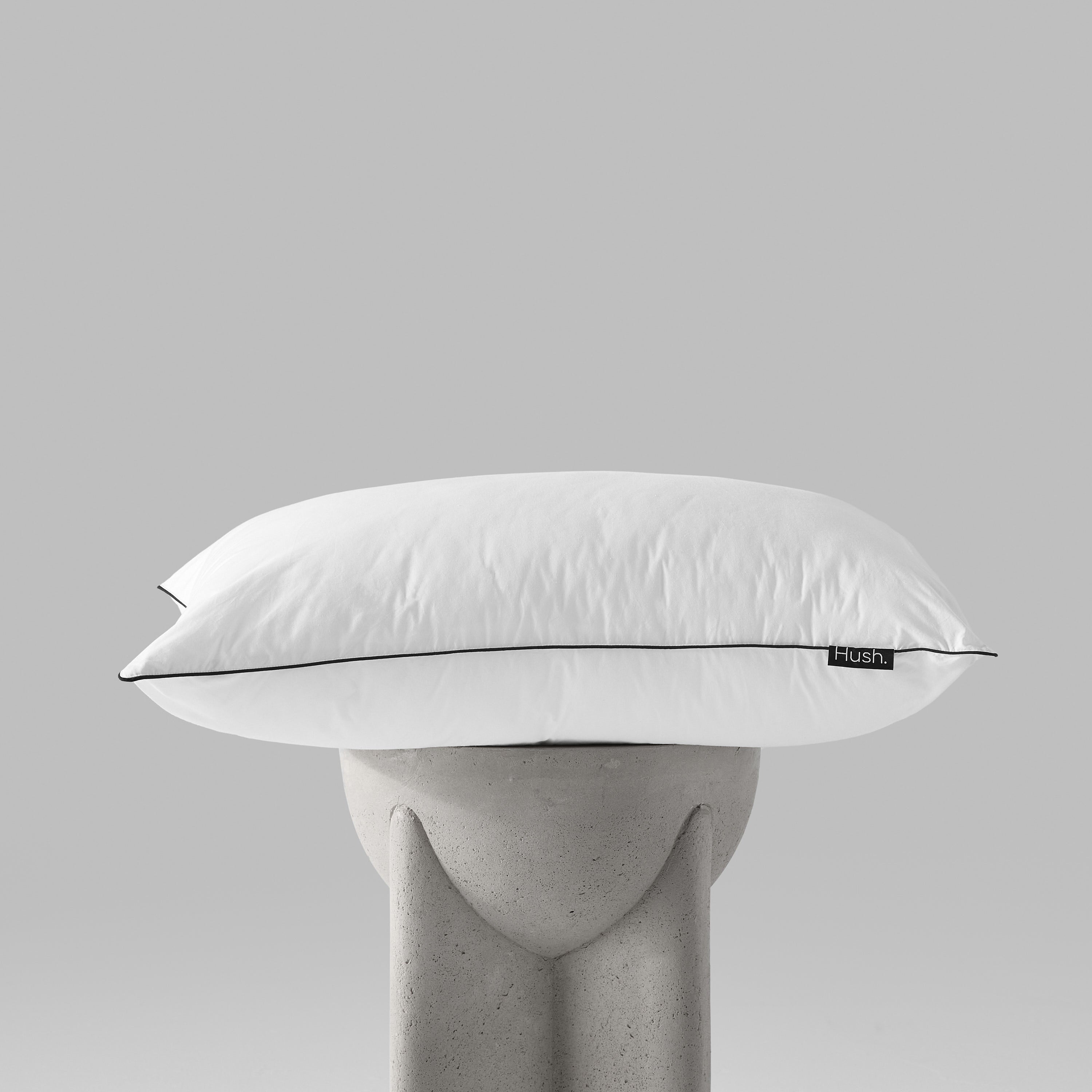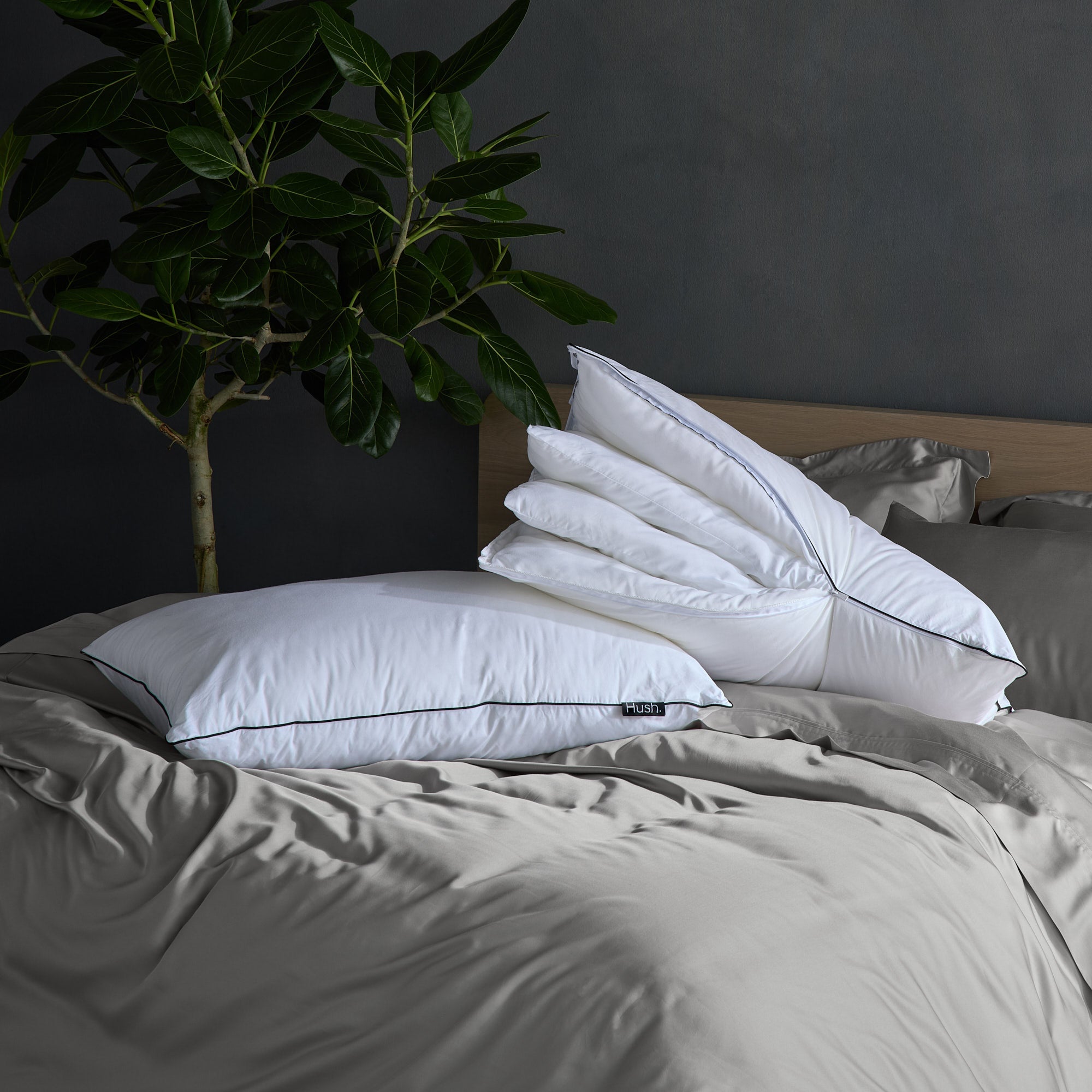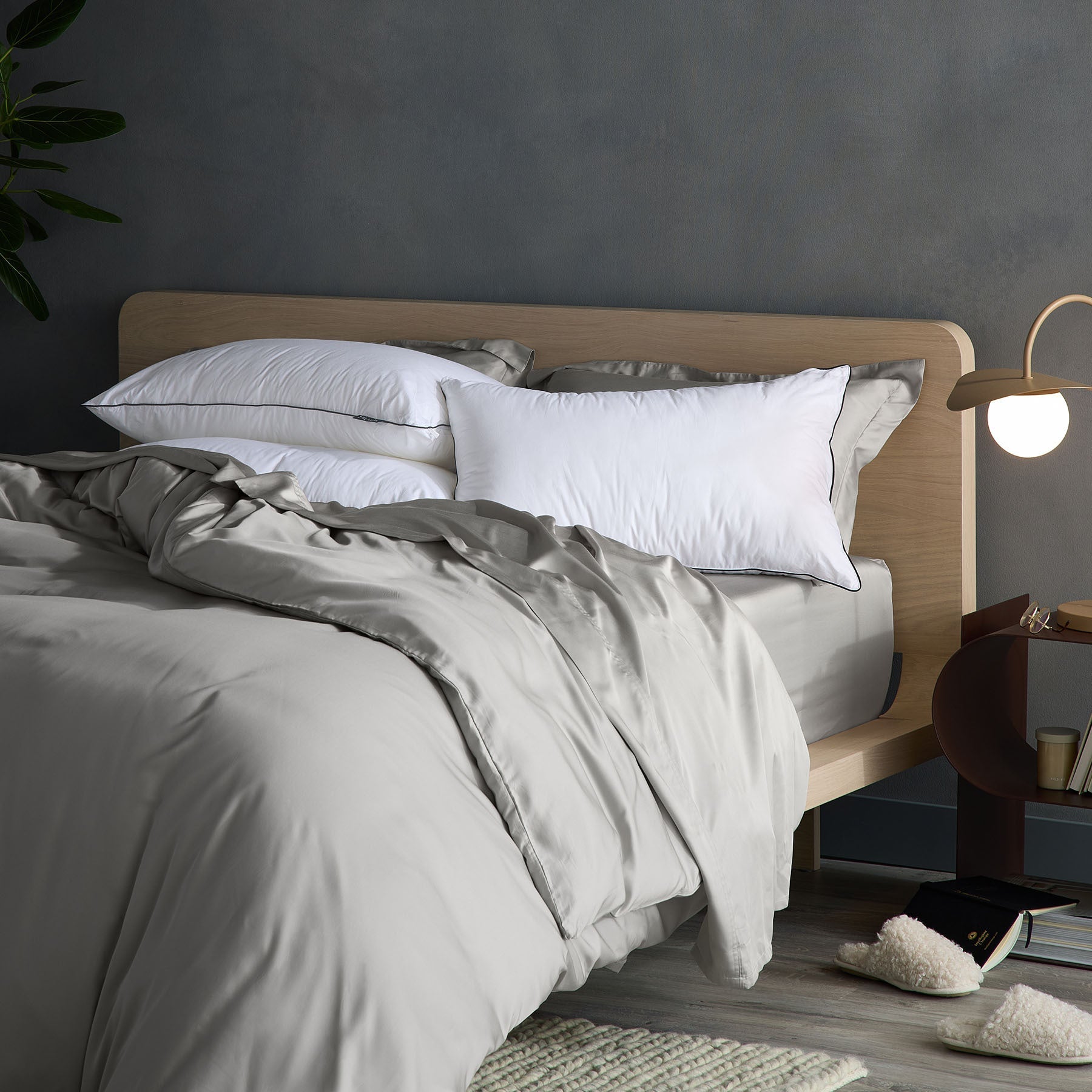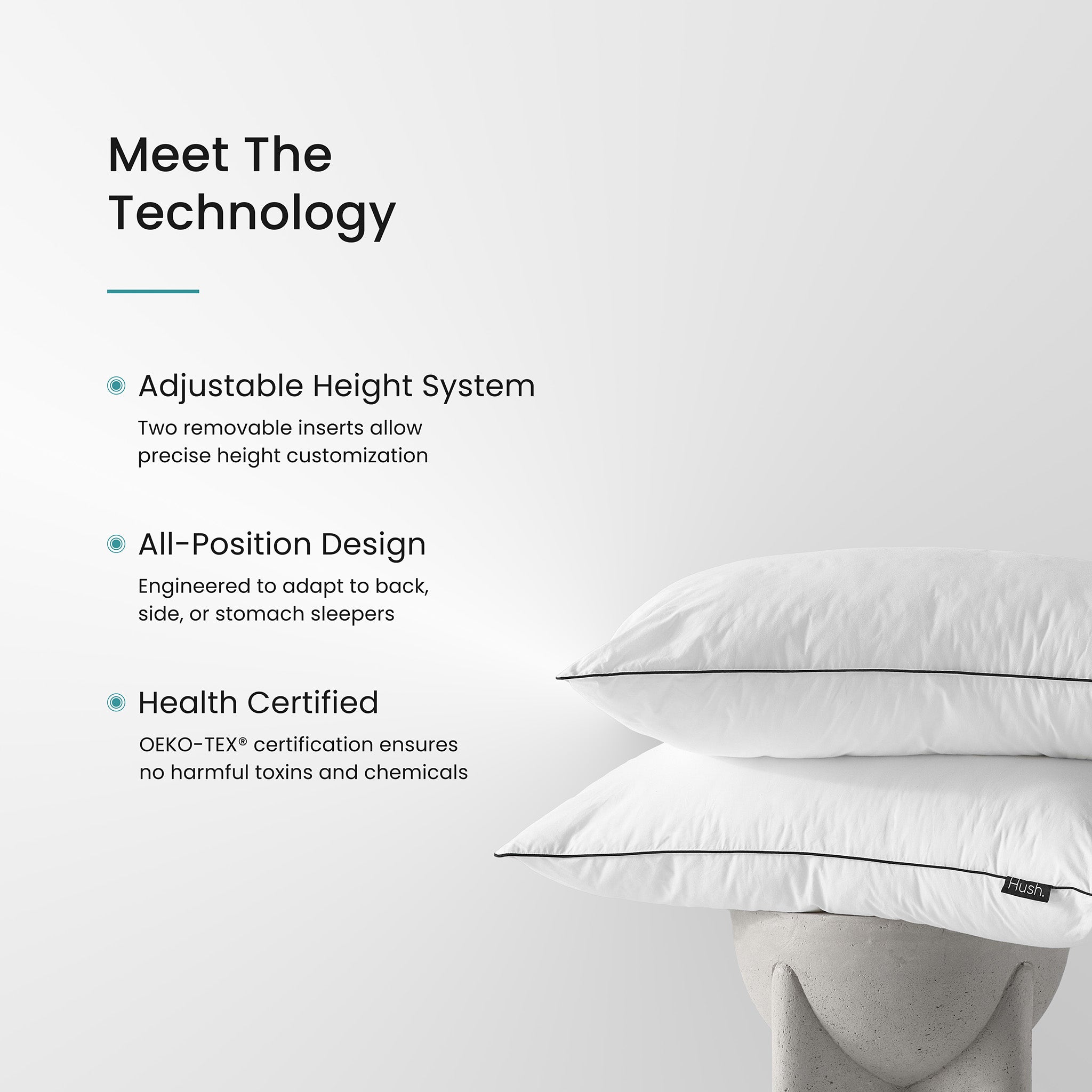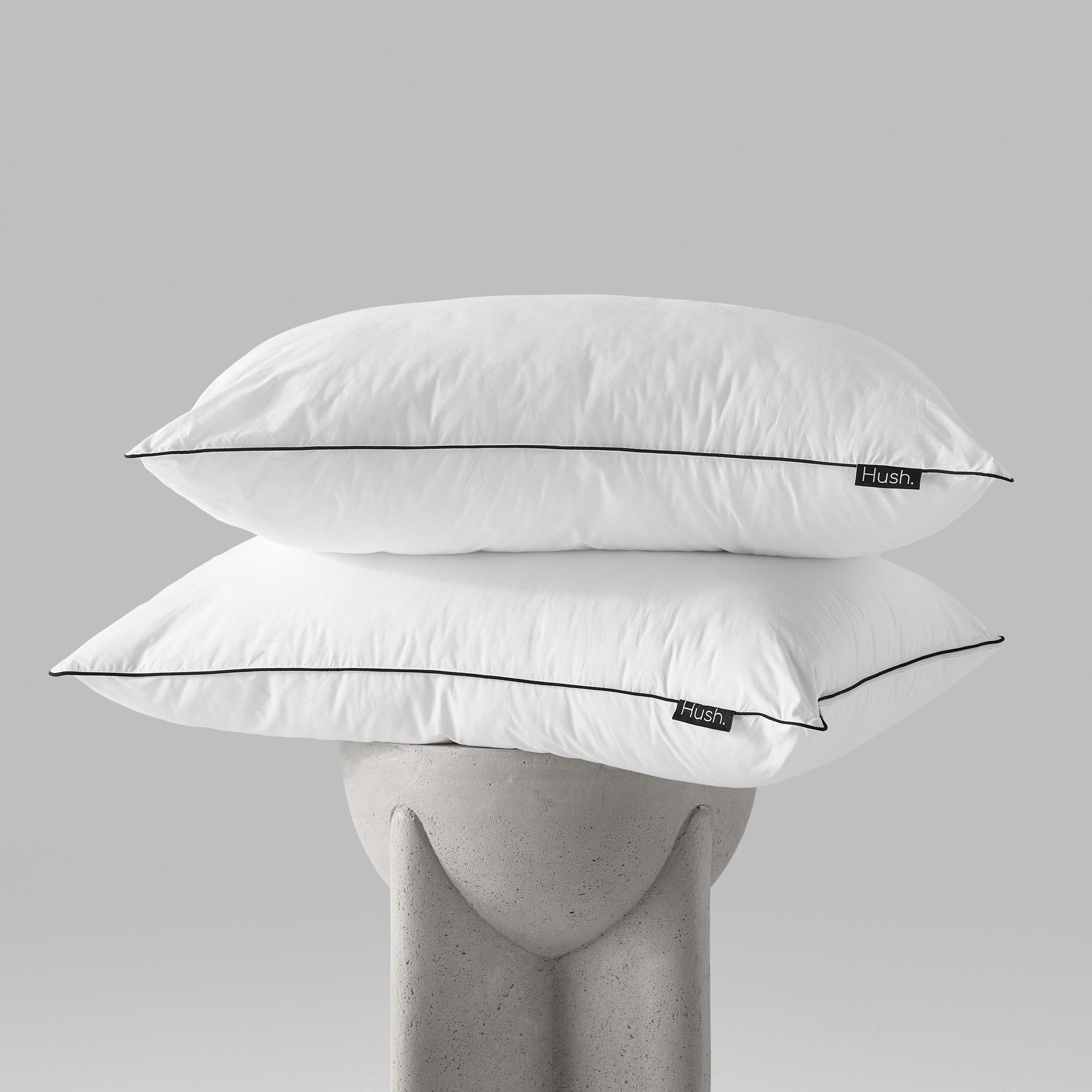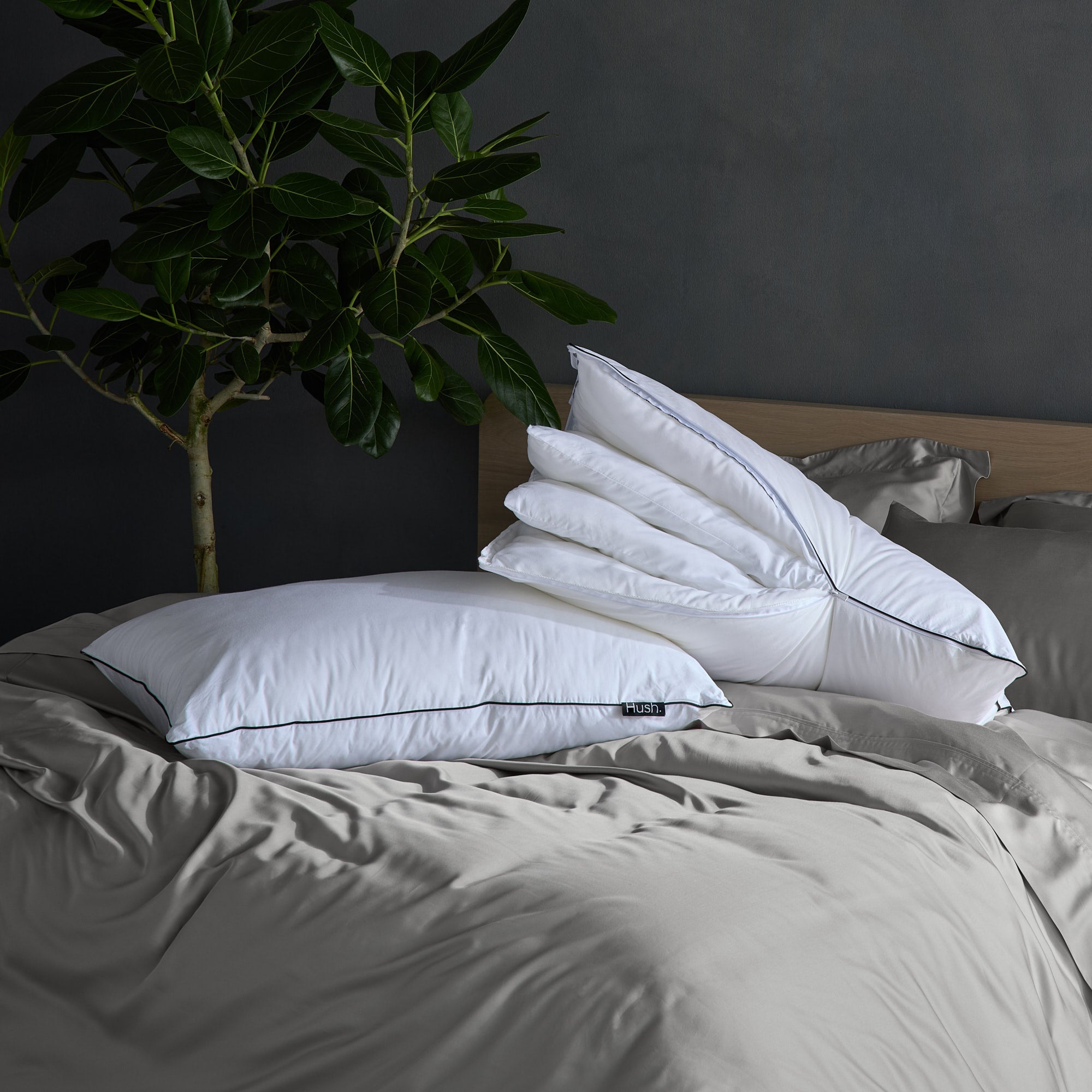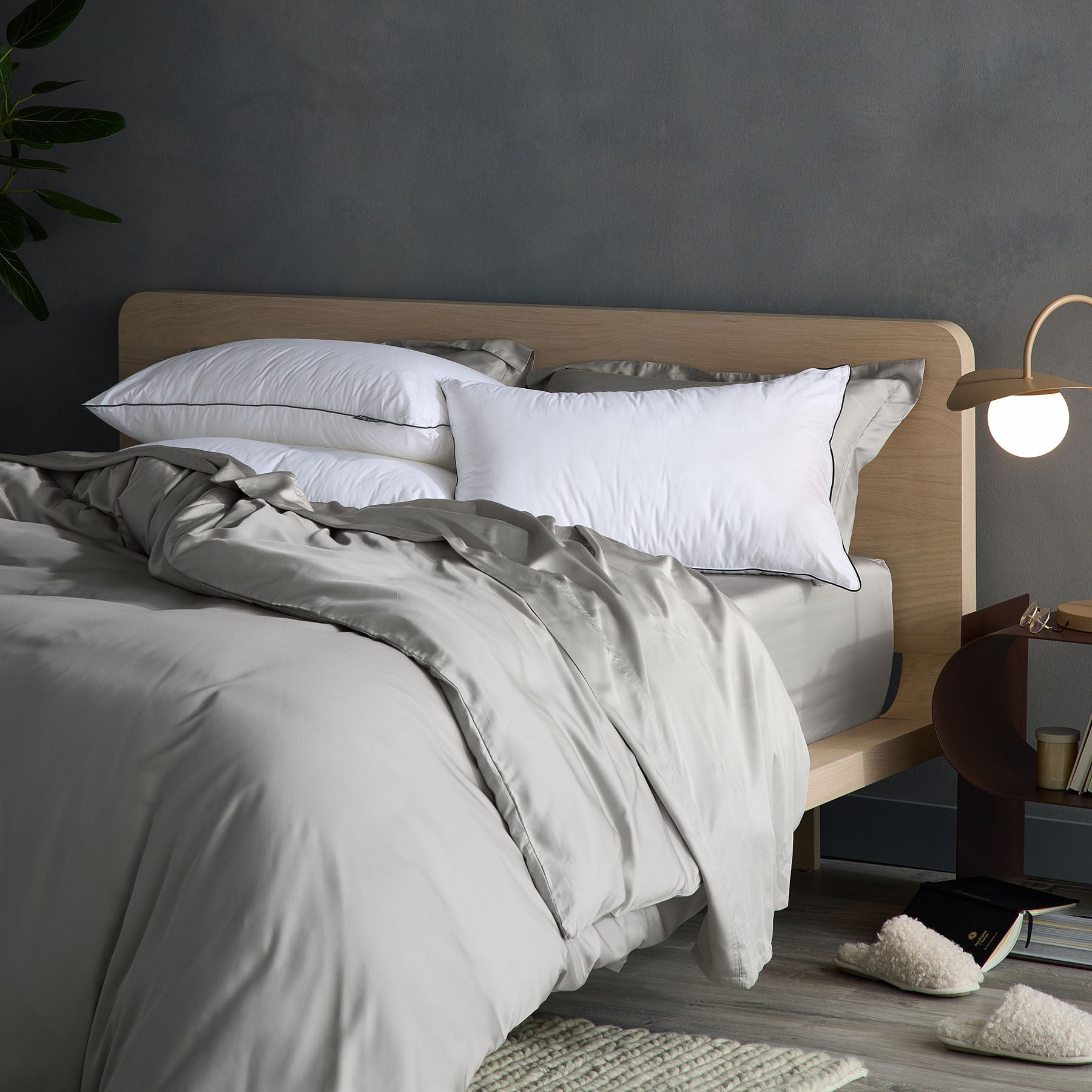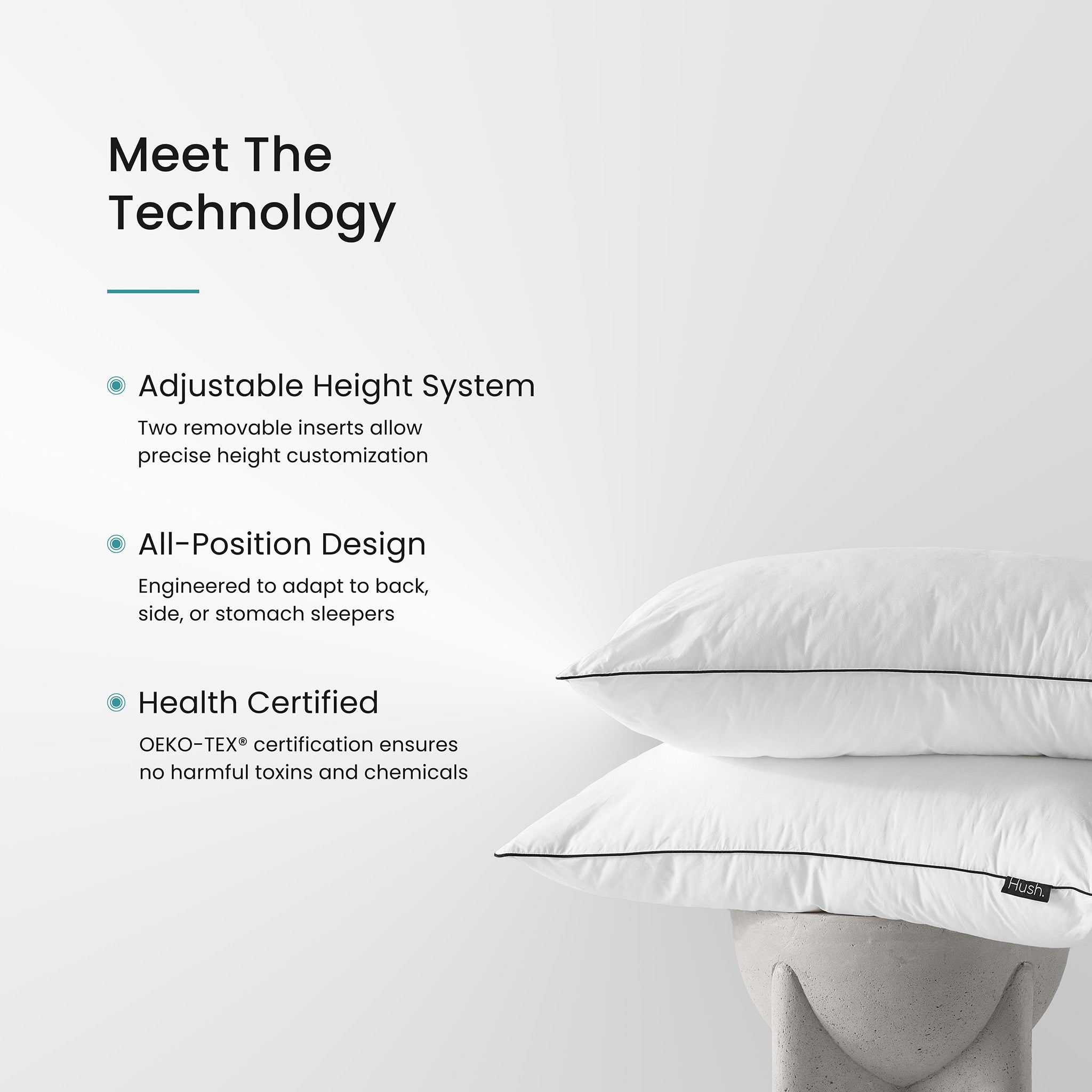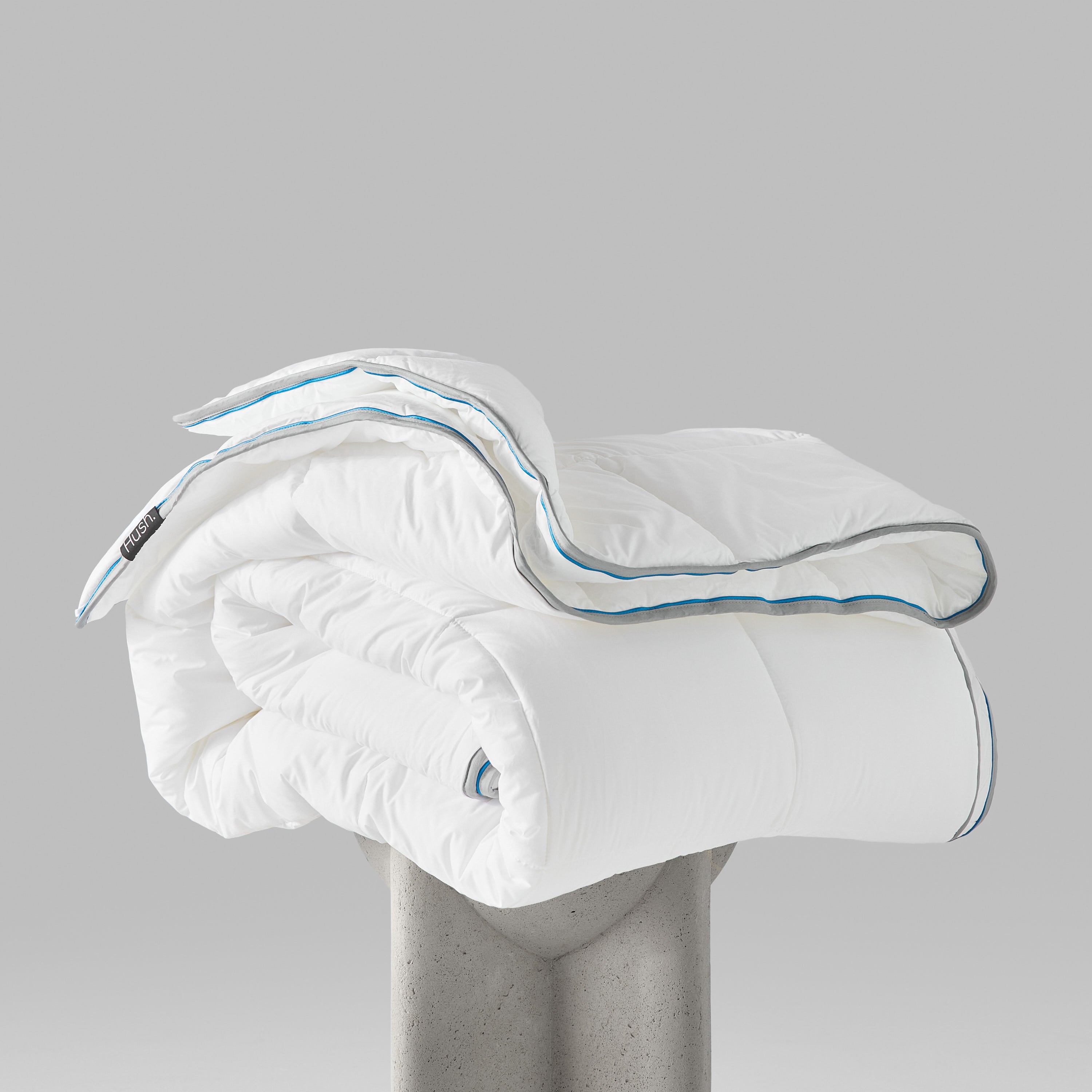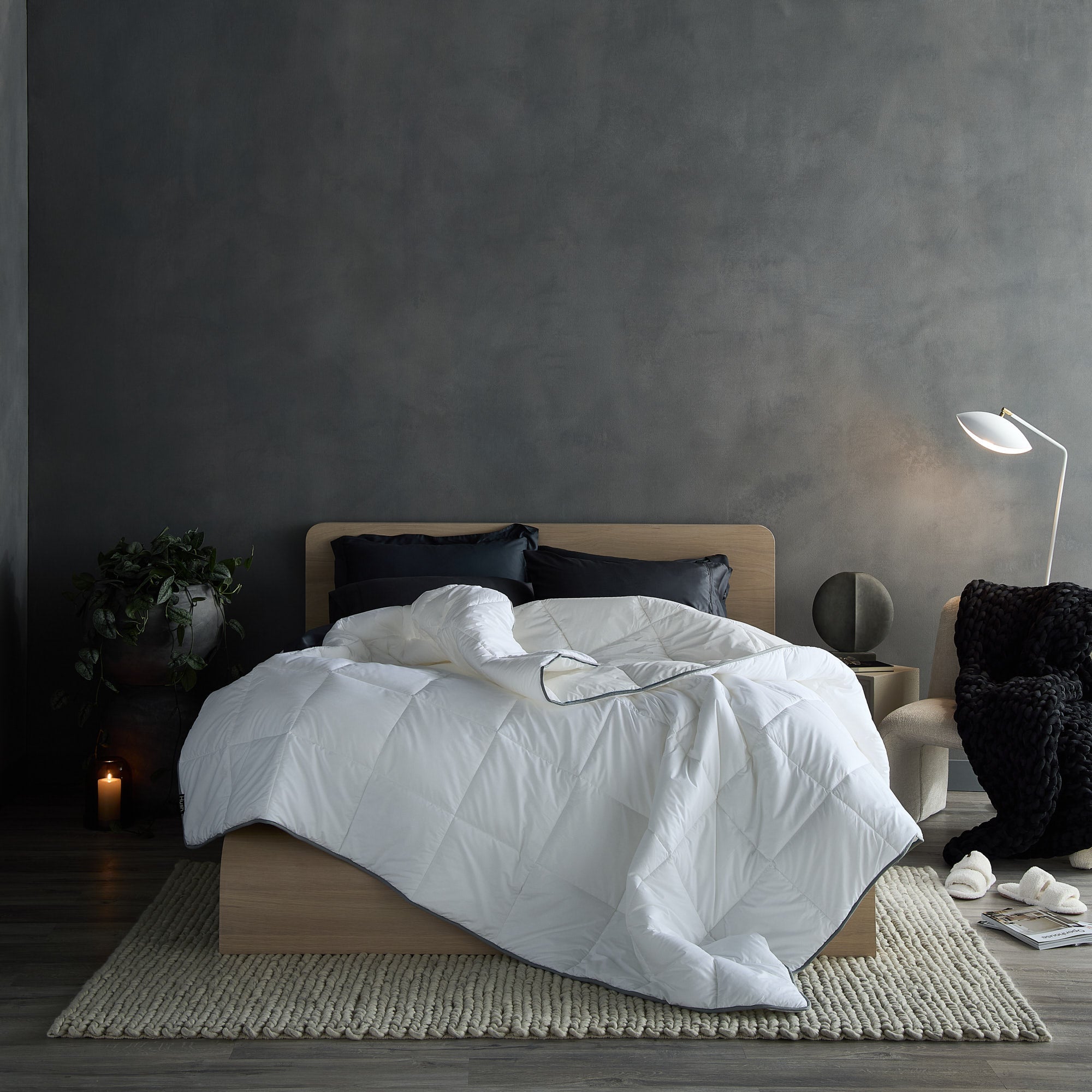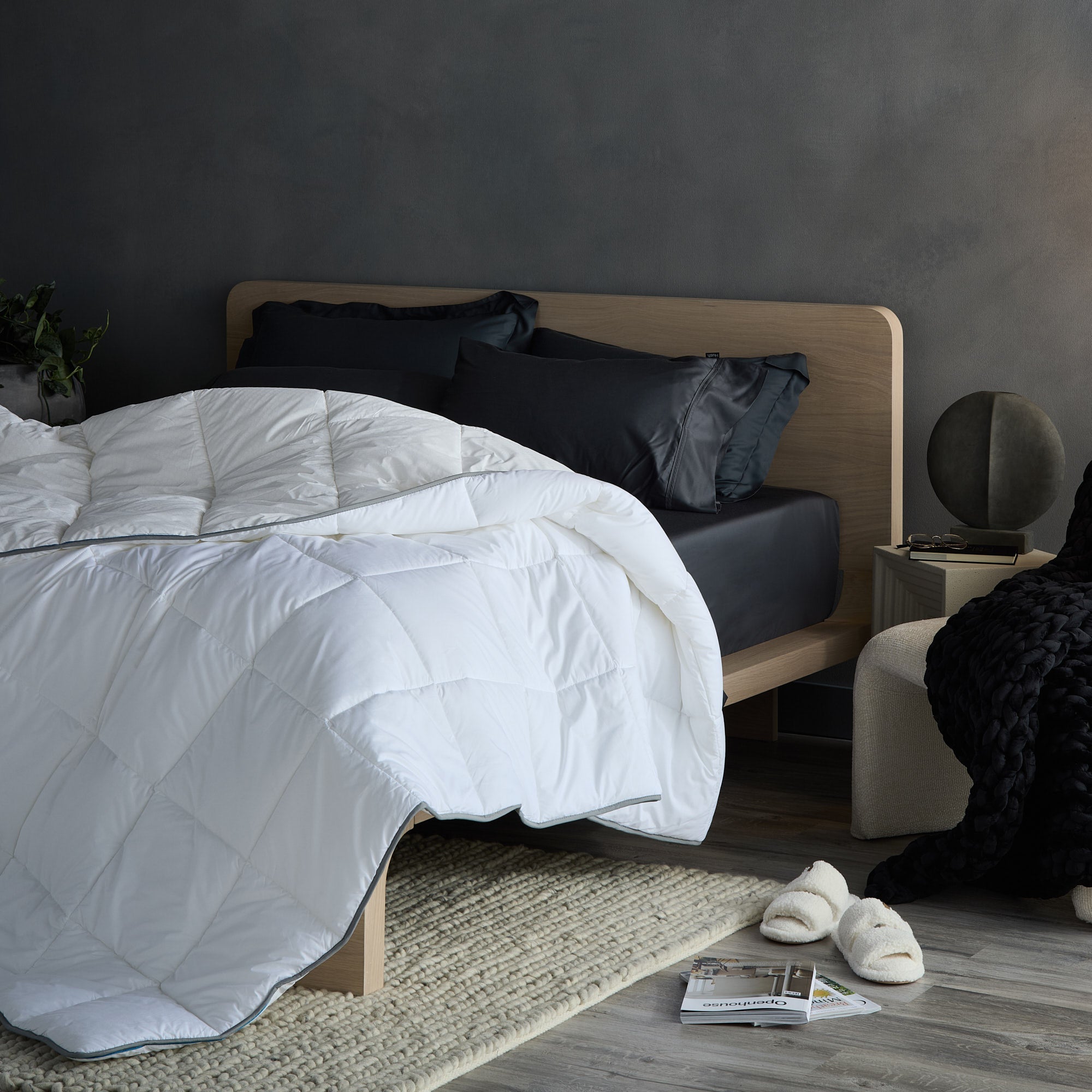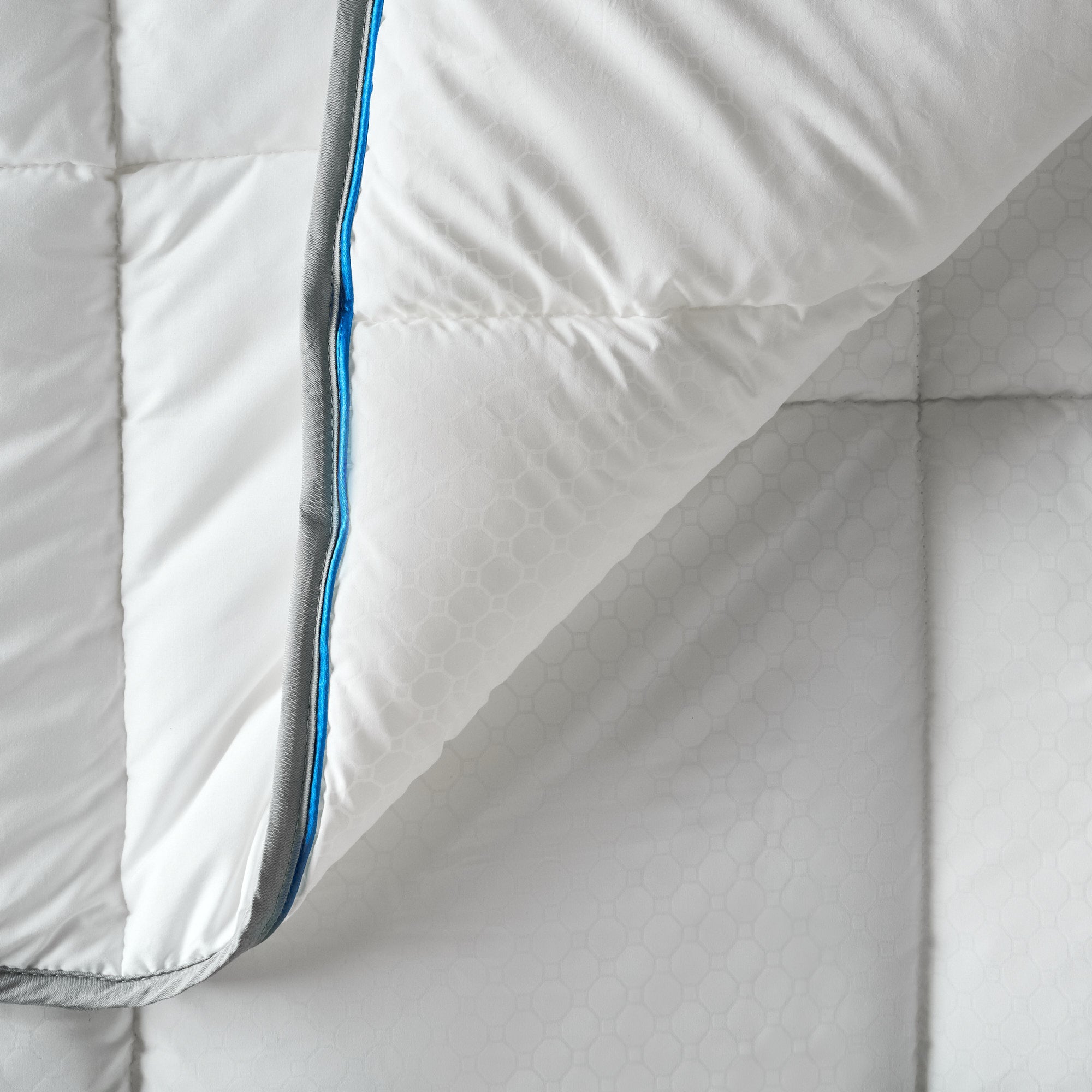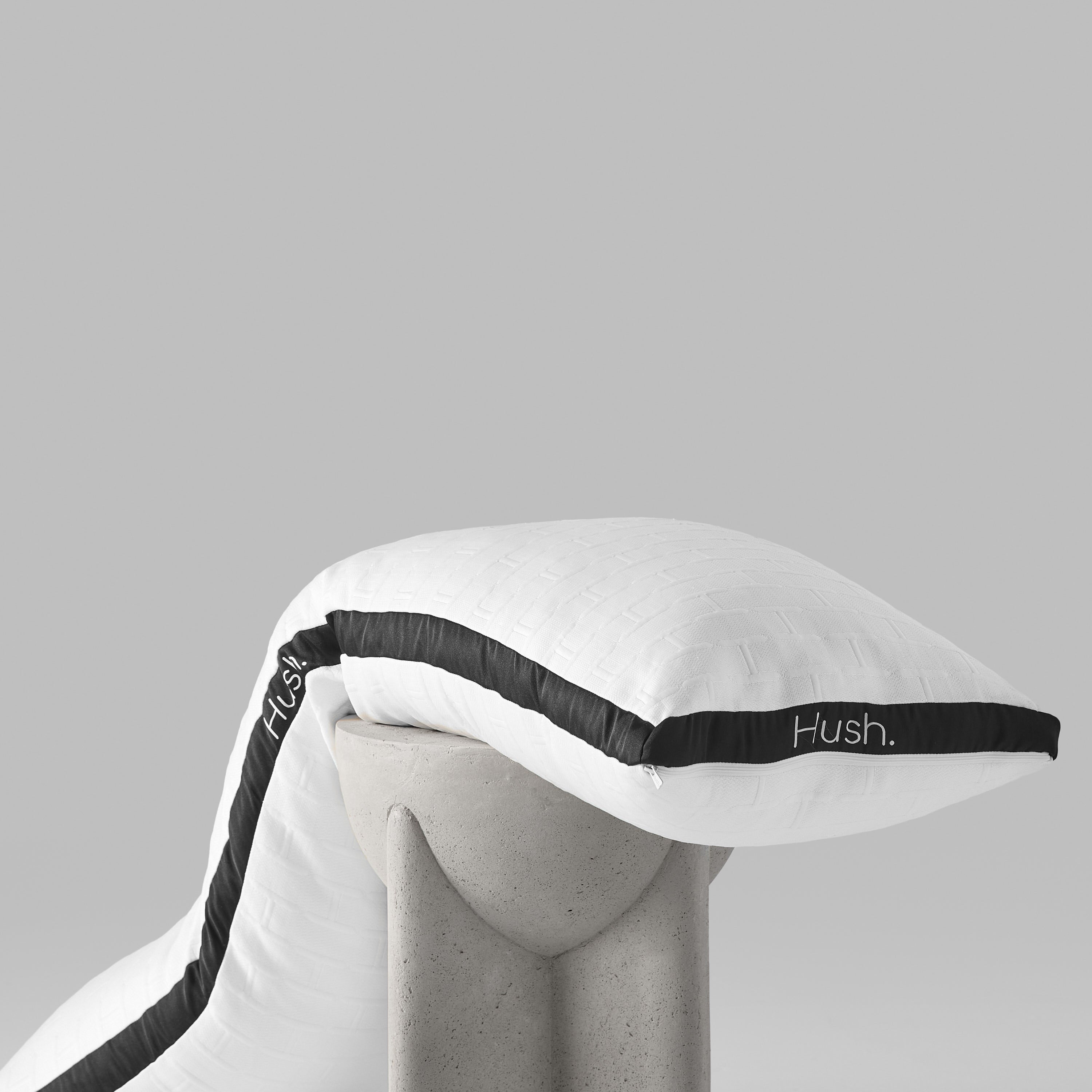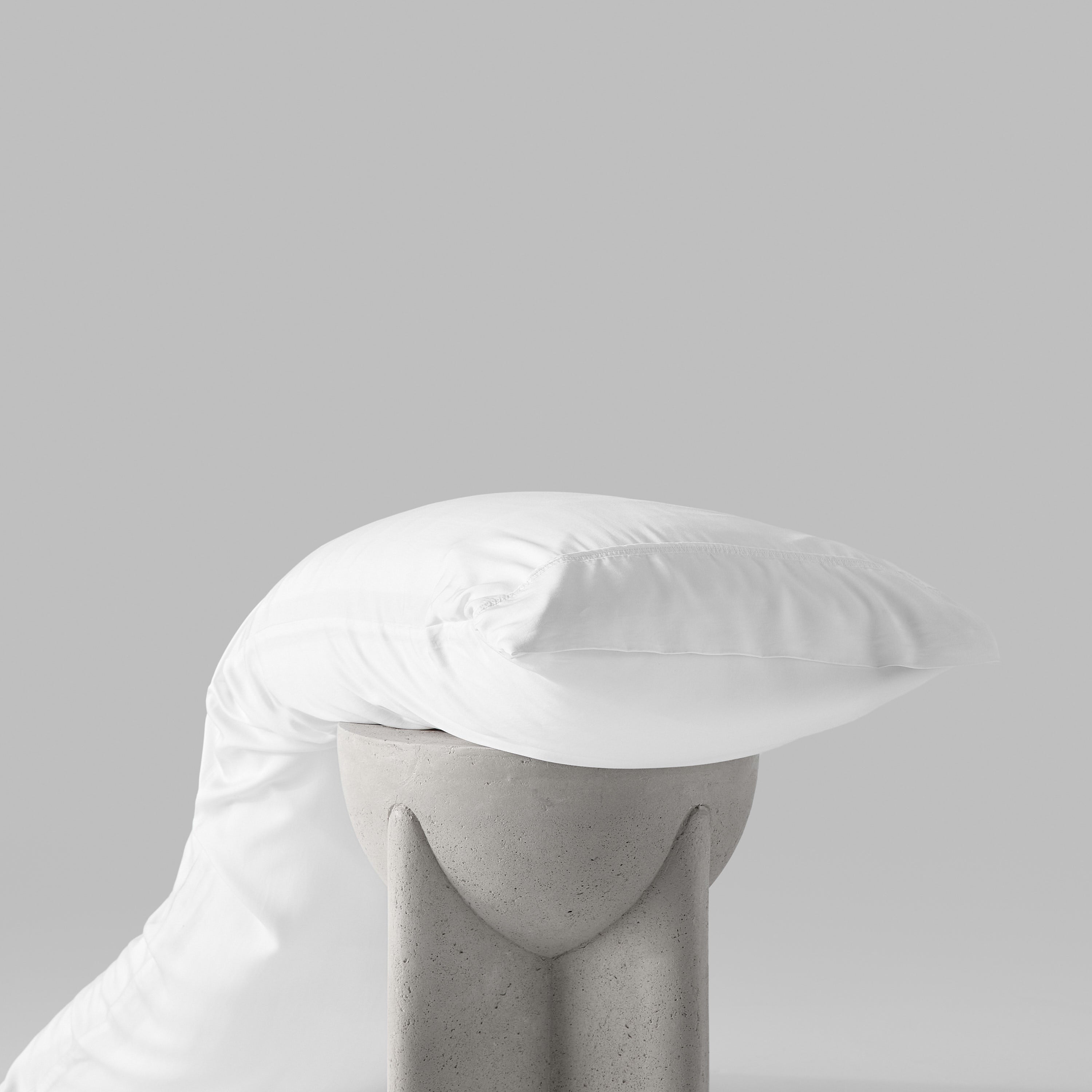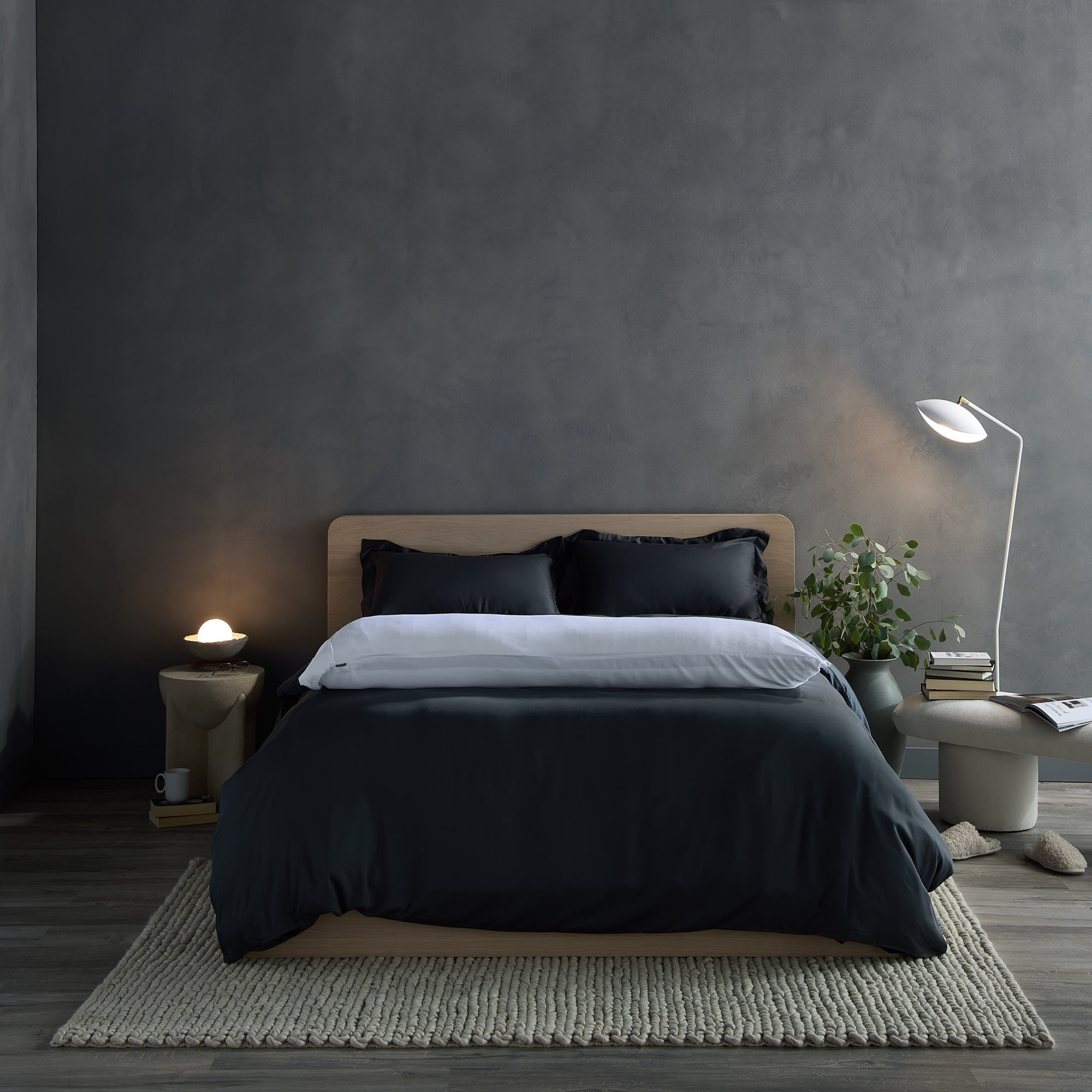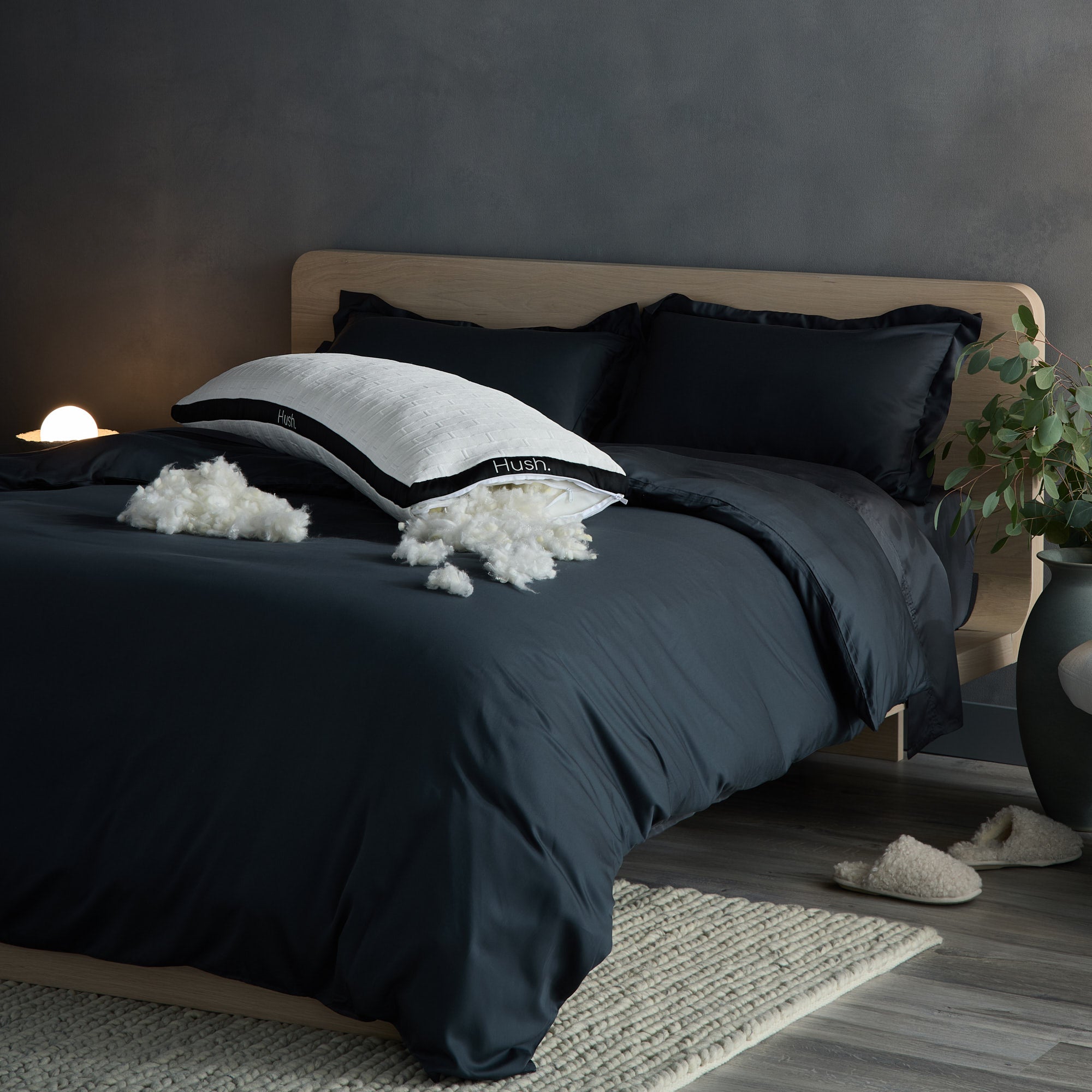
You do everything right to get enough sleep. You practice good sleep hygiene. You go to bed and wake up at the same time every day. You’ve cut back on caffeine and alcohol. You limit your blue light and have a relaxing nighttime routine. Yet you are still waking up tired.
It turns out, there’s more to feeling rested than we’ve been taught. Here, we offer reasons and the solutions that can help you get the rest you need.
Why Do I Feel Tired When I Wake Up?

There are several reasons you could be waking up tired, even if you’ve clocked enough hours of sleep. Even small things could disrupt our sleep enough to make us feel groggy and sleep-deprived during the day.
There are four factors that go into determining your sleep quality. They are:
- Sleep latency: how long it takes you to fall asleep
- Sleep waking: how often you wake during the night
- Wakefulness: how many minutes you’re awake after first falling asleep
- Sleep efficiency: how long you spend sleeping when you’re in bed
If you’re waking up tired even after a full night of sleep, you’re likely not getting high-quality sleep, according to The National Sleep Foundation. Here are the common reasons people have poor sleep quality and morning tiredness:
Sleep Inertia
Sleep inertia is the normal “I’m not awake yet” grogginess feeling you have in the morning. It happens because we wake — or our alarm clock wakes us — before we have finished a deep sleep cycle.
Typically, this time period is only 5-60 minutes. A few symptoms let you know you’re just suffering from a little bit of sleep inertia. They are:
- Drowsiness
- Poor fine motor skills
- Disorientation
- Poor decision making
Sleep inertia isn’t a problem unless you need to perform precise and specific tasks first thing in the morning, but you may not like to feel groggy when you wake.
Off Kilter Circadian Rhythm
Your circadian rhythm could also cause you to feel sleepy when you wake up. If you’re traveling across time zones or you’re a night owl trying to wake up earlier, your body clock could fight against it.
To help your circadian rhythm, make sure you get natural light in the morning. It will signal your brain to wake up, and it can help you reset your internal clock and sleep patterns a little more quickly.
Foods That Disrupt Sleep
The foods you eat before you sleep can disrupt your rest. Foods that are highly acidic or are high-sugar foods can disrupt your sleep. According to AARP, common sleep-disrupting foods include:
- Grapefruit
- Celery
- Tomatoes
- Cheese pizza
- Black bean chili
- Dark chocolate
- Candy
- Tacos
- Steak
- Broccoli
- Chips and salsa
If you commonly are waking up tired, try avoiding these foods in the evening.
Nightmares

A nightmare can mess up your sleep too. Even if you don’t wake up, or you wake up and quickly realize you were just dreaming, the unsettled feelings can linger, making it difficult to fall back to sleep or to get quality sleep.
Unsupportive Pillows or Mattress
If you are waking up tired and with aches and pains the next day, your mattress and pillow may be at fault. A comfortable mattress and pillow should keep your spine naturally aligned and not put pressure on your shoulders or hips.
What to Do If You Wake up Tired

Now you know that sleep quality is critical to feeling rested, but what do you do if you wake up tired? A few strategies can help you make it through the day without crashing:
Stretch
When you stretch, you naturally take deeper, slower breaths. Those long, slow breaths pull more oxygen into your body and can help you fight sleepiness.
When you are waking up tired, stretching can help by increasing the blood flow in your body. It tells your body it’s time to get moving.
Meditate
While meditation doesn’t necessarily help you feel more rested when you don’t get good quality sleep, it can help you manage the symptoms of poor sleep.
Meditation helps you observe your thoughts, feelings, and physical sensations. It can help focus your mind, which is helpful when you’re groggy.
Use a Weighted Throw Blanket
Resting for a few minutes under a weighted blanket can help you feel better after waking up tired. Deep pressure therapy slows your breathing and heart rates. Your body signals to relax. Those slow, deep breaths can make you feel better by increasing the oxygen levels in your body.
Your more relaxed state helps you feel better as you move through your day.
Take a Walk
A brisk, short walk can help you feel more energized. It increases oxygen flow in your body. Plus, the movement helps reduce kinks and soreness that can make you feel even more tired.
The walk doesn’t need to be long — even 10 minutes can feel like a cup of coffee.
Nap
If you’re not able to make it through the day, you may need to take a nap. Napping can be a great way to recharge midday. Here’s how to nap, so it doesn’t mess up your shut-eye, according to the Mayo Clinic:
- Keep naps to 10-20 minutes. This amount of sleep is long enough to recharge but not too long to disrupt other sleep.
- Nap before 3 pm. Any later and you could disrupt your natural sleep rhythms.
- Make your nap comfortable. Nap in a cool, dark room and use a weighted throw blanket, so you fall asleep quickly and get the maximum benefits from your short sleep.
To wake up refreshed, the best thing you can do is to make sure you’re structuring your day to get good quality sleep.
Stop Waking up Tired

Good quality, deep sleep helps you stop waking up tired, but you need to think a day ahead. What you do today helps you sleep tonight and makes you feel better tomorrow. Here are some strategies to try to prevent waking up tired.
Avoid Snoozing
Avoid hitting the snooze button in the morning. When you first wake up, get up. It may seem like you need those extra few minutes, falling asleep for such a short amount of time first thing in the morning can disrupt your sleep rhythms.
Getting up when your alarm goes off trains your body to feel awake at the same time every day.
Get Exercise
Moving your body primes it for a good night's sleep. Using your muscles and increasing your heart rate helps your body feel tired at night. It supports your natural circadian rhythm because our bodies were designed to move and work during the day and rest at night.
As those of us with desk jobs tend to stay sedentary, we need to create that natural rhythm by exercising. Regular exercise helps us create natural higher energy levels during the day and lower energy levels at night.
If you're someone who releases a lot of endorphins from exercise, avoid exercising in the evening. It can take a few hours for the endorphins to leave your system, which could make it harder for you to fall asleep.
Get More Natural Light

This one goes back to supporting your circadian rhythm too. Getting natural light in the morning jump-starts your brain. It helps your entire body realize it’s morning and time to be awake. Then, your body starts counting down to when it should feel tired again.
By getting natural light, you signal to your body when you want to go to sleep and when to start making melatonin. When you do go to sleep, you can fall asleep more quickly and have better quality sleep, and you’ll stop waking up tired.
Drink Water
Making sure you’re hydrated will help you get better sleep. Even slight dehydration can cause leg cramps and other physical discomforts that can disrupt your sleep.
Keep in mind that you want to get the bulk of your water during the day. Drinking a lot of water right before bed could backfire. Sure, you’ll be hydrated, but you’ll wake up at night to go to the bathroom.
Practice Good Sleep Hygiene
To make sure you’re getting high-quality sleep, practice good sleep hygiene. Sleep hygiene is the combination of your sleep environment and habits that help you get a good night’s sleep. Here’s where to start improving your sleep hygiene, so you stop waking up tired.
Create a Cool, Dark Room
Your sleeping environment is important. Most people sleep best in rooms that are slightly cooler, around 60 to 67 degrees, depending on the person. The cooler room helps lower your body temperature, which signals to your body that it’s time to rest.
Plus, a cooler bedroom means you can snuggle under your blankets without worrying that you’ll get overheated.
Use a Weighted Blanket
Sleeping under a weighted blanket promotes deeper sleep. The gentle, squeezing pressure helps you stay in REM sleep. This is the sleep you need to feel rested in the morning.
If you’re a hot sleeper, you can still benefit from a weighted blanket. A cooling weighted blanket will give you deep pressure stimulation while also moving your body heat away from you, so you feel cool and comfortable all night long.
Go to Sleep the Same Time Everyday
Creating a consistent sleep schedule will help you get better quality sleep, and you’ll stop waking up tired. Our bodies like routine. When you build a sleep routine, you will naturally start to feel sleepy at the same time everyday. If you go to sleep then, you’ll also start to wake up around the same time daily.
The routine will help your sleep improve, and you’ll wake feeling refreshed.
Improve Your Sleep Quality

Waking up tired doesn’t need to be your reality. By incorporating some small changes into your daily life, like more natural light and better sleep hygiene, you can improve your sleep quality and wake up feeling ready to take on your day.
A weighted blanket helps you sleep better because it slows your breathing and heart rate. You fall asleep more quickly and deeply, so your sleep quality is higher. The Hush Blankets 2-in-1 Bundle is a great option — the interchangeable covers mean you can with the windows open on warm summer nights or getting super cozy in the air conditioning.
Support your sleep quality with a Hush Weighted Blanket — you can stop waking up tired and start feeling energized each morning.
